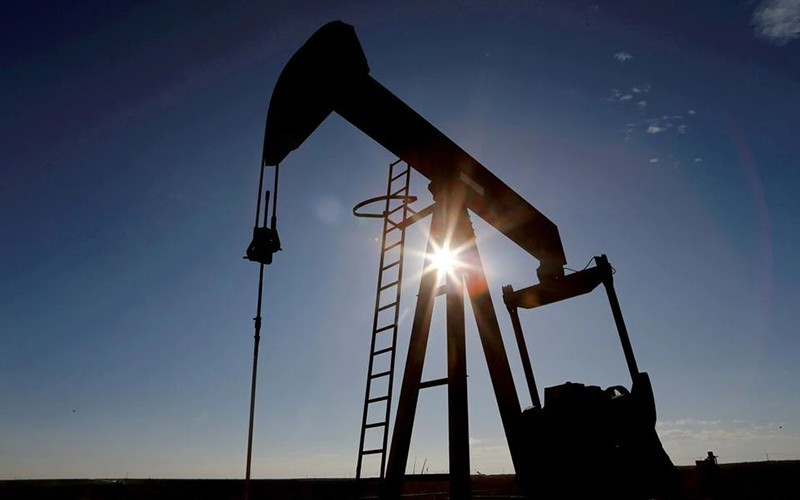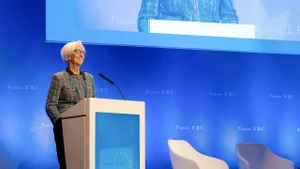After the ban on Russian oil transportation by sea took effect from December 2022, the EU, G7 and Australia reached an agreement on price caps applied to Russian oil products from February 5. These are further attempts by the EU and its partners to put pressure on Russia regarding the conflict in Ukraine.
The new ban applies to EU vessels from carrying Russian-origin petroleum products and companies that provide technical, financial, or brokering assistance, such as insurance for oil cargoes carrying Russian refined products. Penalties for violations may be as high as 5% of a company’s global revenue.
As the world’s third largest oil producer after the US and Saudi Arabia, Russia accounts for an important proportion of supply, contributing to the stability of the world oil market. In January 2022, Russia’s total oil production stood at 11.3 million barrels per day, 10 million barrels per day of which was crude oil, 960 kb/d condensates, and 340 kb/d NGLs. Meanwhile, total US oil production is at 17.6 million barrels per day while Saudi Arabia’s is at 12 million barrels per day. Therefore, the sanctions imposed by the West on Russia raise concerns that it may cause an energy supply shortage in the future.
Saudi Arabian Energy Minister Prince Abdulaziz bin Salman warned that all the so-called sanctions, embargoes, investment cuts will compound the only consequence, which is a shortage of supply of all kinds of energy at a time when the world is in dire need of energy.
The EU ban raises concerns that it could disrupt supply chains and oil markets. Over the past week, buyers in Europe were rushing to fill storage tanks with Russian diesel, with purchases in February estimated to be the highest in the past year. Europe’s diesel imports have averaged 700,000 barrels per day since the beginning of 2023, the highest since March 2021, as traders rushed to buy ahead of the ban, according to energy intelligence provider Vortexa.
Analysts also assessed that the new EU ban and Western price cap measure could lead to a reallocation of refined oil supplies. According to the International Energy Agency (IEA), in the second half of 2023, refining capacity will increase significantly as new plants in the Middle East come into operation, while the process of reallocating supply will take place across the world.
The Kremlin warned that global energy markets will become more volatile as the EU bans Russian oil products, but Moscow is taking measures to protect its interests against the risks involved. Analysts say Moscow can direct refined oil exports by sea to China, India, the Middle East and Africa.
Some argue that petrol prices and diesel prices will remain high when the new EU ban is applied, especially if the ban is accompanied by a price ceiling of 100 USD per barrel for diesel. Diesel supplies from the US and the Middle East can make up for it, but shortages will occur in the short term.
The new EU measure will cause some disruption, especially immediately after the ban is implemented, but EU markets are still looking for alternative sources of supply, leading to upward oil prices. In addition, transportation is a major concern as the new ban leads to logistics and warehousing challenges, pushing up costs.
Analysts say that the impact of Western bans on Russian oil has the potential to affect the global economy. These measures could exacerbate the energy crisis, putting pressure on the oil market and creating a recession risk for the world economy.
















